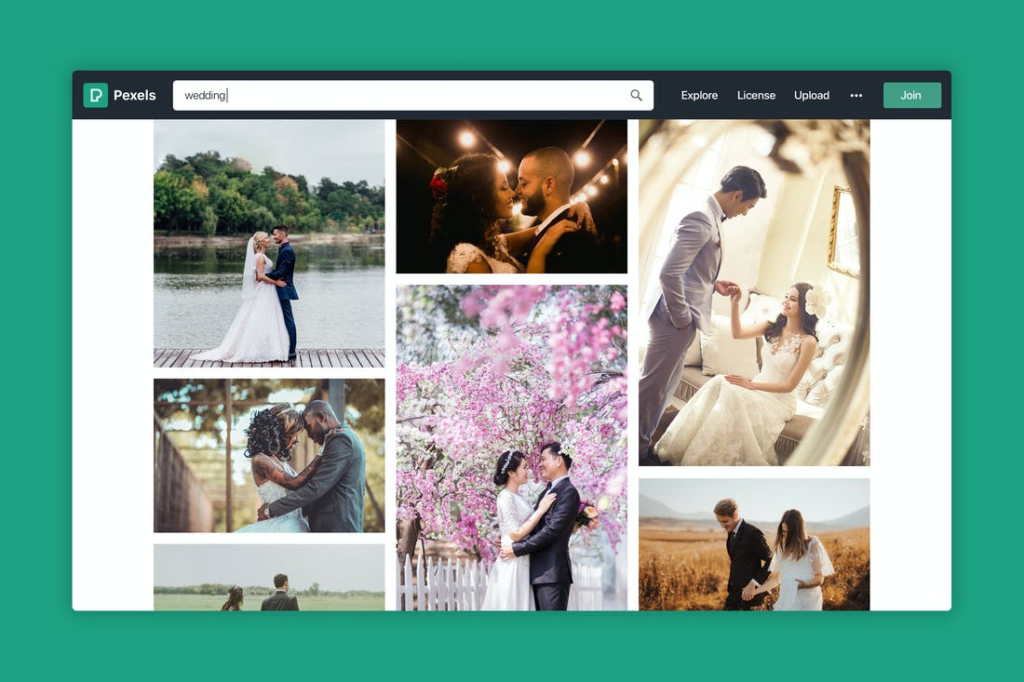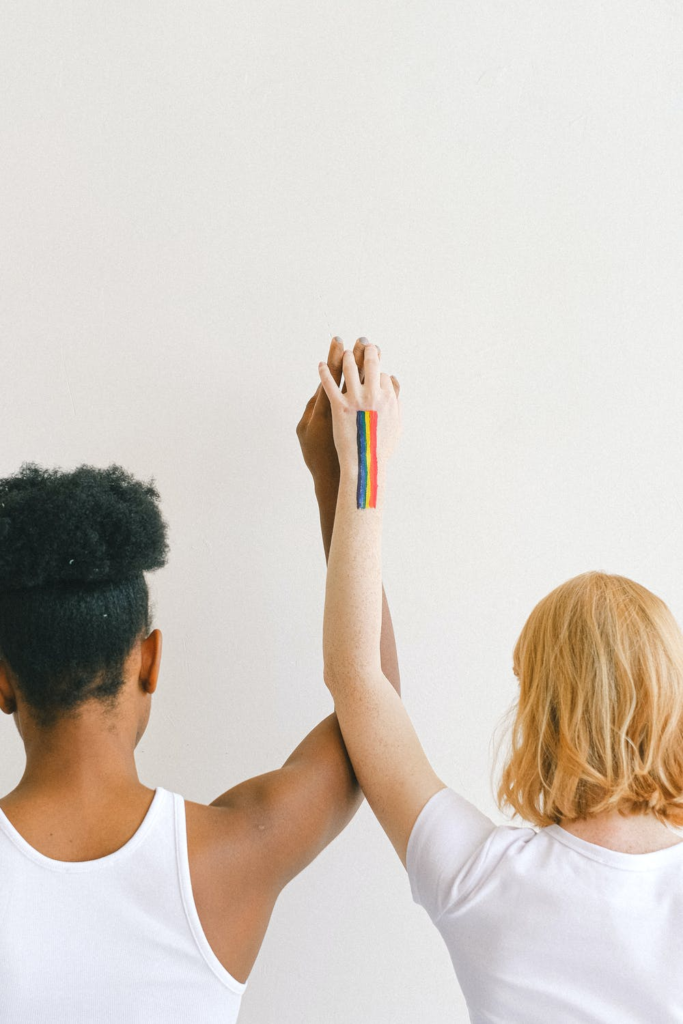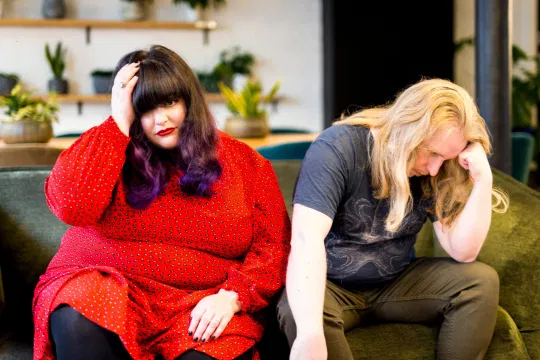Let us stop for a moment and think about this: all the restaurant ads, bar fliers, television programs depicting white men with dapper suits and gleaming smiles. If you see a female model, she probably has an hourglass figure with an inch of a waist. The media, which exists for the world population’s sake, is not playing fair and is failing to reflect the diversity that the Earth has to offer.
Deep-seated propriety existed not so long ago. Love had to be of people between two genders. A beautiful woman had to have a slim physique with smooth, clear skin. What is thought of as an outdated, discriminatory notion remains in effect in our search engines today. If you look up ‘woman working out’ or ‘couple break up’, it gives you an overwhelming chock of “white, straight, able-bodied, beautiful people” — Can it be said that the world inside the media is truly the world we live in? Can a world, holding up to more than 7 billion people, can truly lack diversity?
This has been especially true for stock content, whose contextless nature required subjects to be as ‘non-problematic’ as possible to be applicable to all occasions. And by problems, I mean the potential controversy that arises from deviating from the norm as we knew then. Recently, two stock image websites have risen to challenge this tendency and strive for equality for stocks of all shapes and forms.
1. Pexels
We have been so used to a singular idea of body image, love and sexuality for a very long time. While the notion was seemingly unalterable, Pexels, a free stock photo platform, breaks such uniformity by updating its algorithm to expose more LGBTQ+ content. This is not only to recognize and celebrate Pride Month but also better represent our society the way it actually is.


Offering over two million photos and videos for free, Pexels’ mission statement has been centered on reflecting diversity and inclusivity onto their stock image and video library. Their goal with such an algorithm is to “empower the community in telling better stories and to improve representation for marginalized groups”.
The algorithm update is a result of Pexels’ team of curators who have hand-selected large groups of photos to be boosted on related search terms. So when you search for ‘couples’, you would get a selection of same-sex couple photos in addition to straight couple photos. This eliminates the need to search for a specific sexuality and/or race. The diversity of our society will be reflected in the highest fidelity in spite of the generalities of search terms.
“Media has the power to make or break ideologies, challenge the status quo and humanize experiences.” In regards to the update, Monica Silvestre, Head of Community at Pexels, commented at a press release. “The next time someone searches for ‘couple’ or ‘love’ they will find refreshing content that reflects life as it really is around us — straight couples, same sex couples, interracial couples, non-binary folks and more.”
The once underrepresented are now given the representation they have always deserved; Pexels’ update in its search engines is a small, but essential step to define what a norm should be.
2. Navabi

The idea is also carried forth by Navabi, a plus-size women’s clothing brand. Earlier this year Navabi released a series of stock images featuring only plus-sized models. These include ordinary, common stock image themes like women going shopping, a group of friends taking a selfie, and couples having a relationship crisis.
Navabi explains: “If you Google search ‘businesswoman’, ‘couple break-up’, or ‘drinking coffee’, all popular stock images, it’s virtually impossible to find an image featuring a plus-size person”.
Their library of 33 stock images, however small, is a good initiative. It gives us a direction of how our media — regardless of the fields and expertise — can take steps to appreciate and acknowledge all body shapes and forms.

Their rendition of the ‘distracted boyfriend’ meme is especially impressive. It’s all about healthy representation, y’all.

It really is about time to refresh our internet content like how Pexels and Navabi are doing. We need to view the world and the people around us just the way they are, even in our search engines and media. While it may be unrealistic to entirely put an end to all the biases built into our databases, which will probably continue to affect our search results every now and then, it is a hopeful, necessary step to get closer to diversity.
Sources: Forbes, Pexels, Metro UK, Navabi
License Navabi’s free 33 stock images here: https://www.navabi.co.uk/stock-photos/
Check out more articles here!
